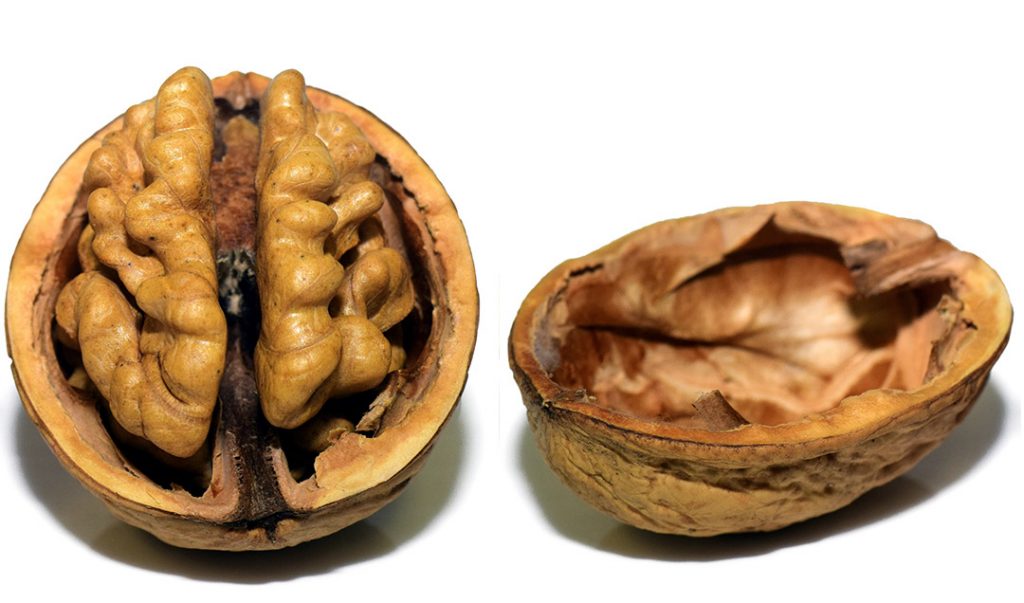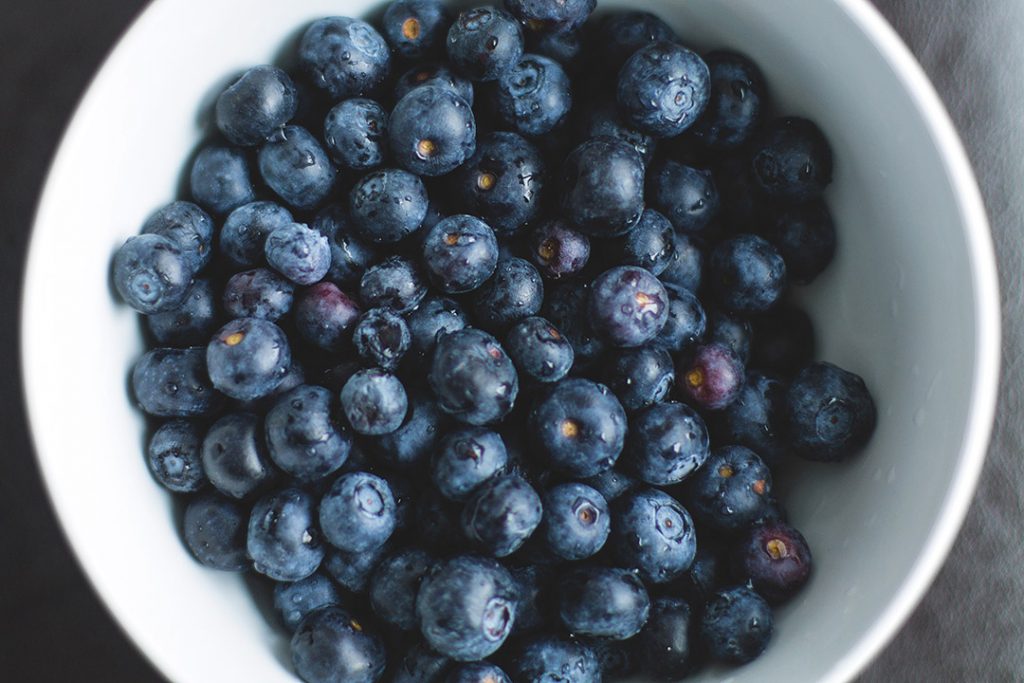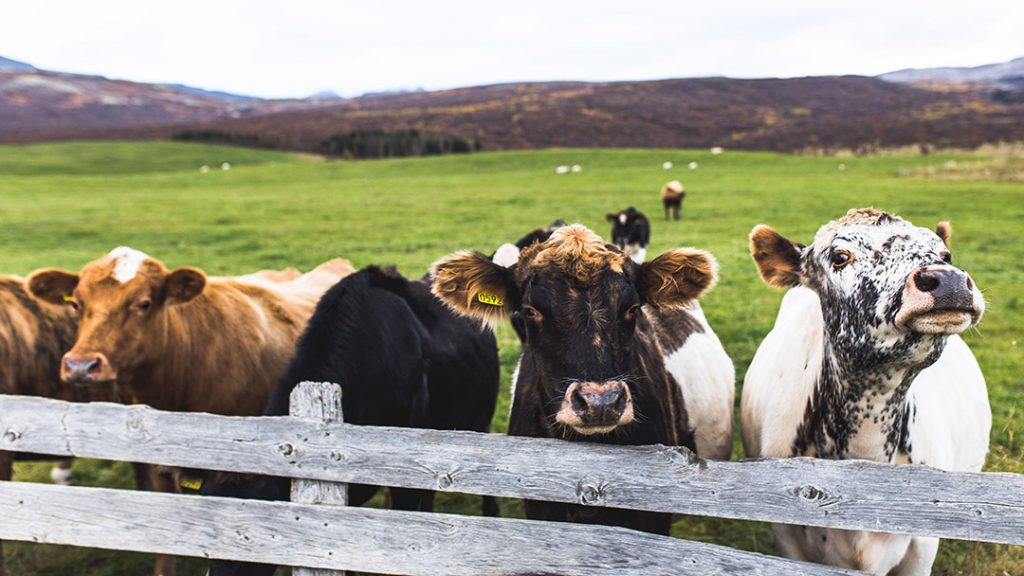As a Registered Dietitian, I am strongly opposed to ketogenic and Paleo diets (or any low-carb diet, or any diet for that matter). Ketogenic diets seem all the rage these days. It’s frustrating because dietitians know that in the long-term, they do not work. They can actually make you fatter.
The reason why people think that ketogenic and Paleo diets are great is that they help you lose weight for some time. But the moment the diet is over, people put the weight back on. Often all of it back, plus more.
We know that people tend to feel better when they’re on these diets. Well sure, everyone feels better once they stop eating chips, doughnuts, Cheetos, candy and soda, and eating more frequent meals. Initially, these low-carb diets cause weight loss by forcing the body to use fat for energy (through lipolysis, the breakdown of fat in cells and ketogenesis).
However, while they force the body to use fat, they also use your muscles for energy- gluconeogenesis. Also, people on ketogenic diets don’t tend to feel hungry, a huge improvement over low-calorie diets.
Muscle Loss
When fat is broken down, it turns into “ketone bodies”, which is where the name “ketogenic” comes from. As I learned sometime during my 5 years of university training, the brain can only use up to 30-40% of its energy from ketone bodies. The rest of the energy has to come from glucose in order to fuel the electrical impulses neurons use to communicate with each other. When you abstain from consuming glucose, sugar, or other any carb at all, your brain releases hormones that promote the break down of muscles to make sugar from them. It will use some protein from your food, some energy from your fat, but most of it will come from your muscles, which is why you see such quick and drastic results.

Muscle loss is the last thing anyone would want to inflict on themselves. Can you imagine an athlete following a strict low-carb diet? *eye roll*
Muscles are necessary for strength, which is very important for quality of life. We don’t want people starting to lose muscle in our thirties! Muscles are extremely crucial to young people for weight maintenance and athletic performance.
Another concern is that when the body breaks down muscle, it puts a huge strain on the kidneys. You have to excrete insane amounts of urea. I recently had a patient who had protein in her urine (a sign that the kidneys are in trouble) and pre-diabetes. She informed me she was getting recommendations from a “sports nutritionist” who told her not to eat any carbs. Only protein! No fruit, quinoa, beans, yogurt or milk. (What? Are you kidding me? And to think that that this nutritionist does not have malpractice insurance if something happened to clients after following their recommendations).
Anyways, back on topic.
Fewer muscles mean a decrease in metabolic rate which results in an increase in body weight. Muscle cells burn vast amounts of energy, even when you are sleeping. Fat cells, on the other hand, burn next to nothing. You may only consume 1,500 kcal daily at the end of your ketogenic/low-carb diet, as opposed to 2,200 kcal at the start. When you return to your normal eating habits, you will naturally gain weight (even if you are eating a healthy diet).
In order to avoid weight gain after a low-carb diet, you would need to refrain from eating over your new metabolic rate, as the body naturally wants to go back to where it was. No one is able to always stick to a diet (Unless you’re Angelina Jolie). After all, holidays, birthdays, weddings, and Friday nights exist!
When you are on a ketogenic, paleo, or low-carb diet, even if you do not feel famished, you are essentially starving yourself. Not feeling hungry is adaptive. That way, animals don’t spend the winter months feeling uncomfortable. We are animals with a strong survival instinct and we have adapted to thrive in harsh environments. When you don’t feel hunger on a low-carb diet, you think: “This is great!”, but you are actually in stressed survival mode. High blood pressure. High heart rate. Catabolic mode. No one should feel hunger if a tiger is running after them. And we don’t. But is that a good state to be in for long periods of time?
Here’s how it works:
As I mentioned earlier, the brain needs fuel at all times. If you don’t have enough sugar in your blood for your brain to function, your body becomes adept at saving sugar so you can survive the next perceived “famine”. Your satiety hormones will decrease, and your body will use very little energy to preserve your adipose tissues. Adaptation was useful for times when there was not enough food during winter. It is still primordial today for places in the world where, unfortunately, there is still not enough food for everyone.
But in the developed world, it’s a different story. There is sufficient food all the time. Starving your body on a ketogenic diet and then resuming normal eating patterns is like barely surviving a harsh winter, then immediately attending a decadent all-you-can-eat buffet. Unfortunately for us, our brains cannot tell the difference between real famine and self-induced famine. So, when you return to eating, your brain no longer trusts its hunger signals. Even you are full, your brain tells you, “Keep eating, you never know when the next famine will strike!”
When was the last time you skipped breakfast, hardly ate any lunch because you were busy, and then in the evening after dinner, you felt full, but still wanted dessert? Sure, it could be that you are bored, anxious, or depressed… or it could simply be that your brain is pressuring you to catch up on all the calories you missed that day. How can one’s willpower be stronger than their survival instinct? Even amazing Oprah felt like a failure after gaining weight back after being on stupid Optifast, but it was not her fault.
Hunger Cues
If you still aren’t convinced, think about a bear. What does a bear do after hibernating all winter? It eats non-stop! Even when they are full. Are bears depressed, anxious, or bored? Maybe, but likely not. They gorge to make up for lost food. Their hunger cues are screwed up. This happens to humans as well. We know from experience and medical knowledge: after a diet, hunger hormones go up, satiety hormones go down, metabolic rates go down (think of all those wasted muscles!).
I encourage you to relearn to follow your hunger cues. It is a complicated process, but it can be done. The first step would be to refrain from following any “diet”. No Weight Watchers, no low-carb, no ketogenic, no low-fat, no cabbage soup diet, no Atkins, no “The Plan”, nothing. There are about 50 million weight-loss programmes out there; there’s no way I could mention them all. I am sure they are put together by well-meaning people, but they don’t work.
The moment we starve our body of the sugar it needs, we start craving highly palatable high-calorie comfort foods. It has been shown that after dieting, any dieting, people start craving foods that are higher in fats, sugar and salt, like M&Ms. In an evolutionary perspective, it makes sense. Your body says: “Eat more of that, it will mean you’ll survive next famine”. There is a dopamine release in your brain, and off you go. That’s why we can still eat cheesecake even when we are stuffed.
The Reward Centre
When you eat M&Ms, it’s as if you get a “ding ding ding” response in your head. This is a stimulation of your brain’s reward centre. Have you ever really tasted an M&M? I used M&Ms for a “mindful-eating” workshop I conducted recently. I asked the participants to sit down, close their eyes and put an M&M in their mouth.
Then I said: “Really taste this.” And taste they did. Ah. When people actually focused on them, they noticed they don’t actually taste all that great. Surprising, huh?
You may be interested to know that later in the workshop, I asked the participants to eat some blueberries. The general consensus was that the blueberries actually tasted better than the candy. Funny thing: when you are full, blueberries stop tasting good, so you stop eating them. But even when you are full, you still crave the M&Ms or any other dessert due to the ding ding ding reward-signal in the brain. Dopamine! The food industry is fully aware of this ding ding ding signal. They spend millions of dollars attempting to create the perfect ratio of fat, sugar and salt to keep you eating more and more processed food so that they can make more profit.

Mindful Eating
Take McDonald’s for another example. Have you ever really tasted McDonald’s? Sat down and did nothing else? Likely not, because the fast-food producers and restaurant designers make sure that you don’t. That’s why you can’t sit comfortably on their chairs and stay in their establishment a while. You are destined to eat their garbage really quickly or in the car. They don’t want you to actually pay attention to the food at all. This is why it’s called fast food. If you ate mindfully and savoured each bite, you probably wouldn’t like it very much.
When you crave these junky foods, it is sometimes because your body is stressed from low blood sugars. After you have been on a ketogenic diet for 4 months, you will crave sugary foods. Your brain’s response to sugar will be so heightened that you will want even more sugary foods than if you had eaten a healthy diet all along. Some of my clients try to diet all day by skipping meals. At 3:00, they can’t take it anymore. They crave sugary carbohydrates. Then they crash at supper time and have a huge 1300 calorie meal. What choice does the body have when there is so much food matter at one time? Store the extra as fat. The pancreas can’t keep up and slowly, you are at risk for developing diabetes. All I am saying here is that no one can (or should want to) stay on a restrictive ketogenic diet for a long period of time (Unless your child is required due to epilepsy- this is a different matter).
The Impacts of Meat
Another concerning aspect about high-protein low-carb diets is that they often require you to eat a bunch of meat, including processed meat. But the World Health Organization has told us that processed meats (like hot dogs) are Group 1 carcinogens (alongside cigarettes) and red meat is a Group 2 carcinogen. How many people may end up with cancer because they were instructed to eat processed meat and red meat to lose weight? Because losing weight is healthy? Not that simple.
These diets are also unsustainable for our planet. Think of the environmental impact if every person began to eat only animal fat and animal protein with some green vegetables for every meal. It would be a complete disaster. There is tons of land, water and energy wasted for the production of animal products, fish being rapidly depleted from the oceans, and topsoil destroyed. There are tons and tons of greenhouse gas emissions produced and manure seeping into our groundwater from the animals we raise for eating. The more animal products we consume, the less likely we will be able to feed our future generations.
Did you know that if Americans were to incorporate one plant-based day a week (for example, Meatless Monday), it would be like removing 35 million cars off the roads? Please read up on it, my friend Vesanto Melina has written a great book about plant-based diets and their protective effect on the planet. (It is called “Becoming Vegan” and you should check it out)
Anyways, back on topic again… I tend to digress.
When I think about it, I wonder who would actually want to eat bacon and a stick of butter for dinner with a cup of cream for the rest of their lives? How can eating solely animal fat and animal protein be healthy? Sure, people on ketogenic/paleo diets do eat some vegetables, but their list is very restricted, as many vegetables contain the “forbidden evil”- carbohydrates.
Balance
Think of all the nutrients and fibre found in whole grain bread and other grains, fruit, yogurt, and higher sugar vegetables (potatoes) that these people have to avoid. How is that helping people making good food choices? Who could ever feel pleased with the thought of never eating apples, bread or strawberries again? Or brown rice, potatoes, chocolate or even cake for that matter? We must strive to develop a healthy relationship with the food that keeps us happy and thriving. Not ban most of it.
News flash: foods that you still want to eat even though you are full (chocolate cake, brownies, Pop-Tarts, Pogo sticks, caramel sundaes, Big Macs, chips, Pepsi, M&Ms) are the foods that make us overweight. Not carbs. Having a balanced approach to food includes healthful carbohydrates at every meal so that you don’t crave sugar before bedtime. It also includes having (a bit of) chocolate every day if you wish. Brown rice, apples, strawberries, potatoes and chickpeas are not the reason we have an obesity crisis. Doughnuts, french fries, pop tarts, soda and chicken nuggets are. Shouldn’t that be obvious?
The only diets that work are those we can stay on forever. My professional advice to you is to eat plenty of fruit and vegetables, whole grains, plant-based protein, nuts and seeds, and to never, ever diet again. Eat mindfully, paying close attention to your hunger cues and how your food tastes. Eat (mostly) foods that don’t taste good anymore once you are full, because these are the non-fattening foods. (Think: beans, brown rice, yogurt, quinoa). Get some exercise to top things off to build muscles that will increase your metabolic rate, and that’s all there is to it.
You are now on the road to developing a healthy body and mind!
